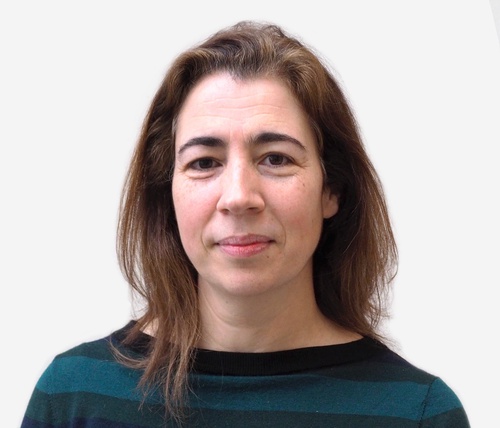Departmental seminar on 24th May 2023
We have a guest, Prof. Rita de Sousa Dias from University of Trondheim. The topic of her lecture is DNA condensation and polyelectrolyte complex formation.
The The folding of DNA has attracted a considerable interest ever since DNA was found to be the storage of genetic information. Chromosomal DNAs are often many orders of magnitude larger than their biological packages (cells or viruses) and, in eukaryotic cells, packing is achieved by the wrapping of DNA around small, basic proteins, called histones. Bacterial cells are very different from eukaryotic cells; they present no nuclear membrane that confines the DNA and there is no compelling evidence for the existence of histone-like proteins that condense and organize the genome. Instead, there is a range of DNA-binding proteins that modulate DNA via bending or bridging. One such type of proteins, H-NS, is a dimer that can self-associate into oligomers and induce bridging between different tracts of DNA. In addition, the cytoplasm very large concentration of macromolecules (RNA and proteins) in the cells is believed to favor DNA condensation due to molecular crowding. Nucleic acid (e.g., DNA, RNA) condensation is also relevant from a technological point of view, being the first step in both DNA purification processes and nuclei acid delivery applications. The complexation of the nucleic acids with cationic macromolecules (e.g. lipids, polymers), often reduces their dimensions, the negative charges and protect the nucleic acids agains digestion by enzymes.
This lecture will start with a general introduction on DNA condensation in cells, followed by some results of a work that explored the effect of steric repulsion and protein self-assembly on DNA condensation in model bacterial cells. Afterwards I will focus on DNA condensation in vitro and review some work on the interaction between DNA and surfactants, dendrimer and peptide-conjugated dendrimers.
The lecture will take place in person, in the hall CH3, Faculty of Science, Hlavova 8, Praha 2.


